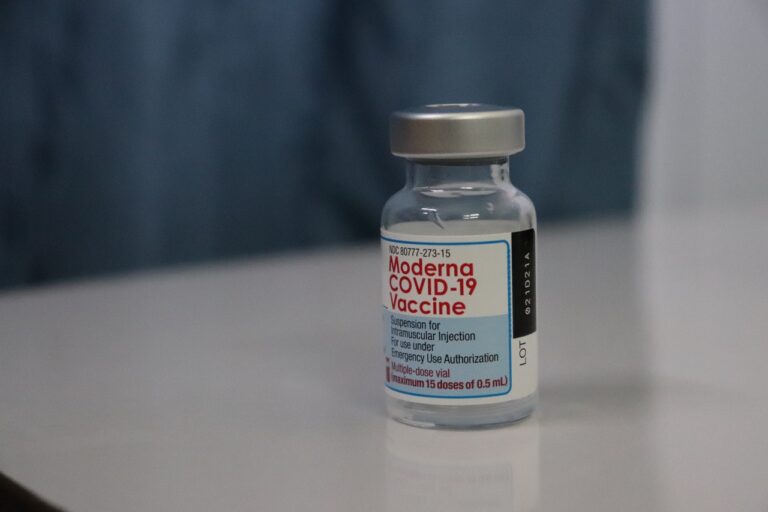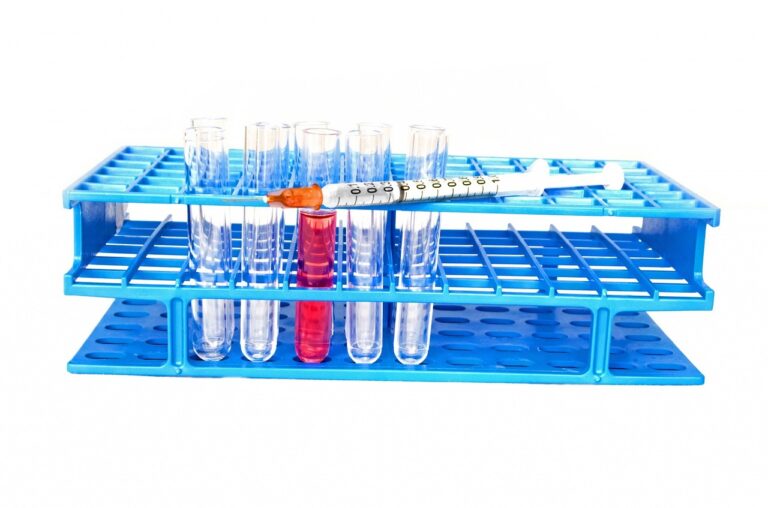Exploring the Gut Microbiota’s Role in Cardiovascular Disease: Allpaanel, Cricket bet 99, Lotus 365.win
allpaanel, cricket bet 99, lotus 365.win: The gut microbiota, a complex community of trillions of microorganisms residing in our gastrointestinal tract, has gained increasing attention in recent years for its potential role in cardiovascular disease. While traditionally, heart health has been primarily linked to factors such as diet, exercise, and genetics, emerging research suggests that the composition of our gut bacteria may also play a significant role in the development and progression of cardiovascular conditions.
Understanding the Gut Microbiota
Before delving into the connection between gut microbiota and cardiovascular disease, it’s essential to understand what the gut microbiota is and how it functions. The gut microbiota is made up of a diverse array of bacteria, viruses, and fungi that reside in our intestines. These microorganisms play a crucial role in various metabolic and immune functions within the body.
The gut microbiota’s composition can be influenced by a myriad of factors, including diet, lifestyle, genetics, and environmental influences. A healthy gut microbiota is characterized by a diverse array of beneficial bacteria that help maintain a balanced immune system, digest food, and produce essential nutrients.
The Gut Microbiota and Cardiovascular Disease
Recent studies have started to shed light on the potential link between the gut microbiota and cardiovascular disease. Research has shown that individuals with certain types of gut bacteria may be at a higher risk of developing conditions such as atherosclerosis, hypertension, and heart failure.
One way in which the gut microbiota may impact cardiovascular health is through the production of metabolites. Certain bacteria in the gut can metabolize dietary nutrients into bioactive compounds that can affect our body’s metabolism and immune response. Some of these metabolites have been shown to promote inflammation and oxidative stress, both of which are key contributors to cardiovascular disease.
Additionally, studies have suggested that imbalances in the gut microbiota, known as dysbiosis, may lead to increased intestinal permeability, allowing harmful bacteria and toxins to enter the bloodstream. This can trigger an immune response that promotes systemic inflammation, a known risk factor for cardiovascular disease.
Furthermore, the gut microbiota has been implicated in the production of trimethylamine N-oxide (TMAO), a compound that has been linked to an increased risk of atherosclerosis and heart disease. Certain gut bacteria can convert dietary nutrients such as choline and carnitine into TMAO, which can promote the development of plaques in the arteries.
Exploring Potential Therapies
Given the potential impact of the gut microbiota on cardiovascular health, researchers are now exploring various strategies to modulate the gut microbiota to improve heart health. One promising approach is the use of probiotics and prebiotics, which can help restore the balance of beneficial bacteria in the gut.
Probiotics are live bacteria that can confer health benefits when consumed in adequate amounts. They have been shown to improve gut barrier function, reduce inflammation, and modulate the immune response. Prebiotics, on the other hand, are dietary fibers that serve as food for beneficial bacteria in the gut, helping them thrive and outcompete harmful bacteria.
In addition to probiotics and prebiotics, researchers are also investigating the potential of fecal microbiota transplantation (FMT) as a therapeutic strategy for cardiovascular disease. FMT involves transferring fecal matter from a healthy donor to a recipient to restore the balance of gut bacteria. While still in the early stages of research, FMT has shown promise in improving gut microbiota diversity and reducing inflammation in various conditions.
FAQs
Q: Can diet influence the gut microbiota’s impact on cardiovascular disease?
A: Yes, diet plays a significant role in shaping the composition of the gut microbiota. A diet rich in fiber, fruits, vegetables, and whole grains can promote the growth of beneficial bacteria in the gut, while a diet high in processed foods and saturated fats can lead to dysbiosis and inflammation.
Q: Are there any specific gut bacteria associated with cardiovascular disease?
A: Several studies have identified specific bacteria that may be linked to cardiovascular disease, such as Akkermansia muciniphila, Faecalibacterium prausnitzii, and Bacteroides fragilis. Further research is needed to understand the mechanisms by which these bacteria impact heart health.
Q: How can I improve my gut microbiota health?
A: To promote a healthy gut microbiota, focus on eating a diverse diet rich in fiber, fermented foods, and prebiotics. Avoid excessive use of antibiotics, which can disrupt the balance of gut bacteria. Regular exercise and stress management can also support gut health.
In conclusion, the gut microbiota’s role in cardiovascular disease is a fascinating and rapidly evolving area of research. While more studies are needed to fully understand the mechanisms underlying this relationship, there is growing evidence to suggest that our gut bacteria may have a significant impact on heart health. By focusing on maintaining a healthy gut microbiota through diet, lifestyle changes, and potentially novel therapeutic strategies, we may be able to improve cardiovascular outcomes and overall well-being in the future.







